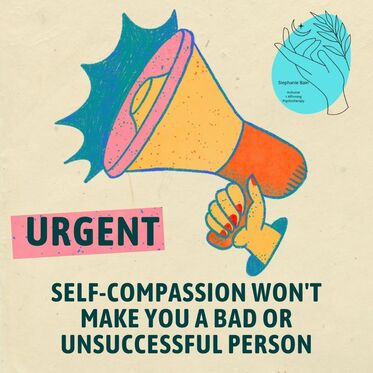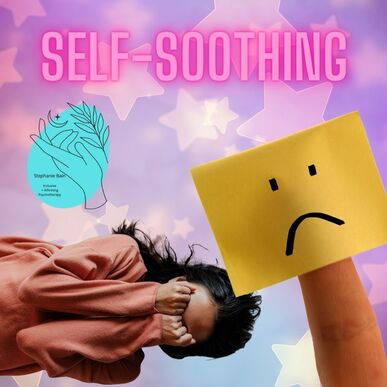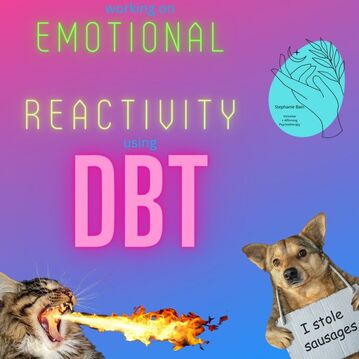|
As a trauma therapist in Oakland, CA , the impacts of an invalidating environment often arise. Ever wonder why you have a hard time trusting yourself? Why you you have a hard time making a decision? Why you have such a harsh inner voice? Perhaps you grew up in an invalidating environment.
0 Comments
If I got a dollar every time someone told me they need to continue to be harsh and critical to themselves...As a trauma therapist in Oakland, CA, my clients are working on feeling, understanding, processing, and soothing their feelings. One of my favorite resources is Tara Brach's RAIN practice, a mindfulness technique that helps individuals recognize, allow, investigate, and nurture their inner experiences.
As a trauma therapist in Oakland, CA, I integrate DBT skills in helping clients with emotional reactivity.
|
AuthorStephanie Bain, LMFT Archives
April 2024
Categories
All
***Resources are not a substitute for therapy and are not intended for making diagnoses or providing treatment. Not all practices and tools are suitable for every person. Please discuss exercises, practices, and tools with your individual therapist or health care provider.
|





 RSS Feed
RSS Feed